| Welcome to The Daily 202! Tell your friends to sign up here. On this day in 1952, President-elect Dwight D. Eisenhower traveled to Korea, keeping a campaign promise to visit in person in an attempt to find an end to the Korean War. The conflict was suspended with an armistice in 1953. | | |  | The big idea | | Victory over the pandemic could look like victory in the war on terrorism: Vague | 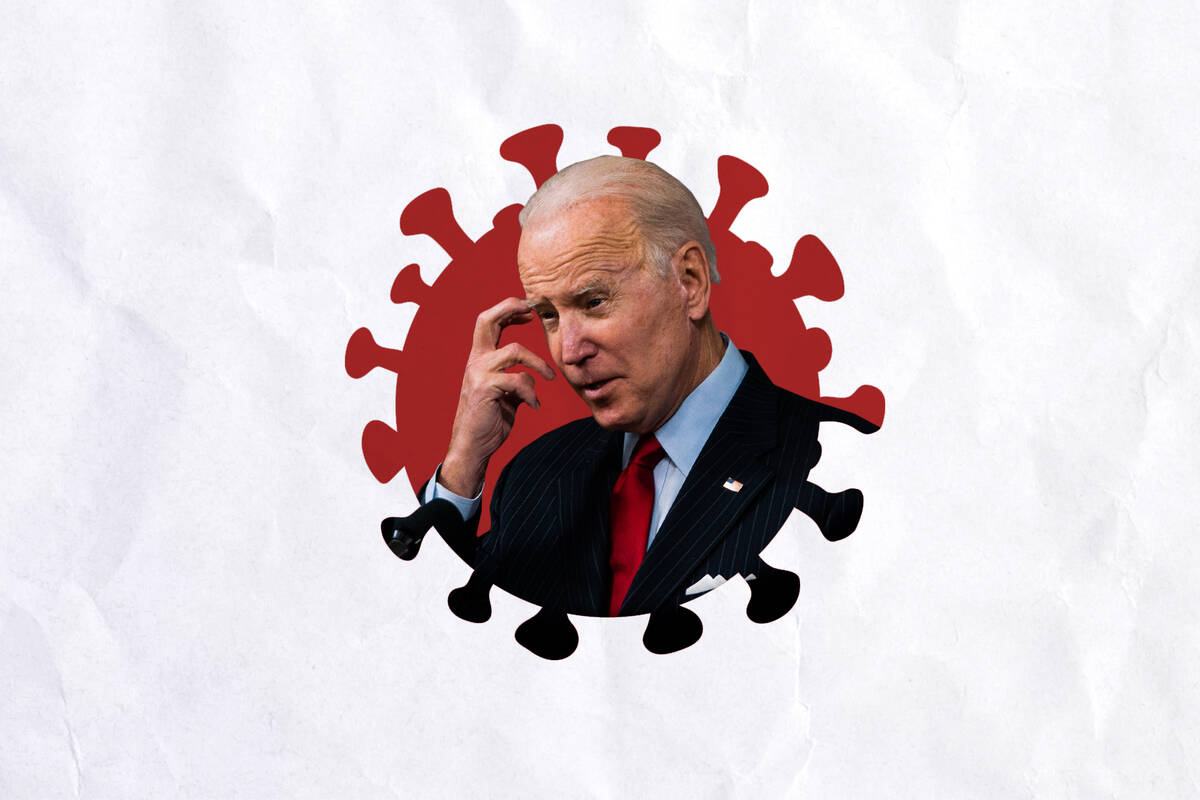 (Washington Post illustration; Demetrius Freeman/The Washington Post) | | | President Biden's definition of victory over the pandemic used to be fairly simple: Smother the virus, revive the economy, get things back to normal, or at least something approximating what we used to think of as normal. But the rise of the delta variant and its omicron successor have thwarted Biden and raised anew the question of just what counts as defeating the coronavirus. The answer carries sweeping ramifications, not least for Democratic prospects of rescuing their wafer-thin majorities in Congress in the 2022 midterm elections, which would be defined by voter frustration that the president has fallen short on both fronts if they were held today. White House officials declined to spell out how Biden now defines the end of the pandemic, which has claimed nearly 780,000 lives on U.S. soil. They may be looking back warily at the president's July 4 speech, in which he declared "independence from a deadly virus" right as the delta variant began its deadly surge and Republicans ramped up their opposition to various tactics for mitigating covid's spread. | An instructive comparison | | But the administration could, perhaps, draw on lessons from the so-called "war on terrorism" and a curious stretch of the 2004 presidential race in which rah-rah-U-S-A-U-S-A sloganeering briefly gave way to a nuanced understanding of the conditions that would qualify as victory. In August 2004, President George W. Bush acknowledged in an interview with NBC's Today Show that he couldn't predict a "definite end" to the war that began on 9/11. And the commander in chief known the world over for his black-and-white rhetoric gave a remarkably gray-shaded answer to the question of whether the United States could ever decisively win. | | "I don't think you can win it," Bush said. "But I think you can create conditions so that those who use terror as a tool are less acceptable in parts of the world — let's put it that way." The Republican's camp quickly backpedaled from that assessment. In October, it was Democratic presidential nominee John F. Kerry's turn to take fire for a similarly nuanced assessment, this time delivered to Matt Bai of the New York Times. Victory over extremists, the former senator and future secretary of state told Matt, means getting back to a place "where terrorists are not the focus of our lives, but they're a nuisance." "I know we're never going to end prostitution. We're never going to end illegal gambling," the former prosecutor told the Times. "But we're going to reduce it, organized crime, to a level where it isn't on the rise. It isn't threatening people's lives every day, and fundamentally, it's something that you continue to fight, but it's not threatening the fabric of your life." Cue GOP expressions of outrage, Kerry backpedaling, etc. But it's hard to look back from the perspective of 2021 and not think Kerry and Bush were on to something. Terrorism hasn't vanished from the earth. al-Qaeda, its offshoots, and ISIS are still out there. America still dedicates billions and billions of dollars to battling extremists. But the proportion of Americans who list terrorism as their uppermost concern has — apart from notable spikes after major attacks — fallen sharply since 9/11. (Gallup found 83 percent of voters in 2020 said "terrorism and national security" were important, but that number doesn't differentiate between voters who fear China's rise and those focused on ISIS.) At an anecdotal level, when is the last time you consciously thought of the risk of terrorist attack as you took part in the security theater that is removing your shoes at the airport? | | It's too soon to say how dangerous the omicron variant will be. The past two years have primed experts for a prepare-for-the-worst strategy, and if the worst doesn't materialize, so much the better. | | "Experts cautioned that the flurry of activity to fight omicron may turn out to be largely unnecessary, as researchers learn in the coming days whether current vaccines can ward off the variant or successfully limit symptoms," my colleagues Dan Diamond, Joel Achenbach, Chico Harlan and Lesley Wroughton reported this weekend. And, as my colleagues Annie Linskey and Fenit Nirappil reported today: "[A]fter nearly 21 months of covid-19 restrictions, there is little appetite in the country for the kinds of school closures, indoor gathering bans and restaurant restrictions that defined the early days of the pandemic, according to health officials, who say that the political will to push for unpopular — but effective — mitigation measures is waning." (An administration official, speaking on the condition of anonymity, placed special emphasis on getting the tens of millions of unvaccinated Americans to get their shots, emphasizing: "We must use the tools we know work and will save American lives.") Which gets us back to what constitutes victory over coronavirus, if such a thing is possible. "The pandemic will end at different times for different people," Ashish Jha, dean of the Brown University School of Public Health, told The Daily 202. "For most people, it'll end when they wake up one day and realize 'you know, I haven't thought about covid in weeks.' It'll come to everyone at a different time, depending on their circumstances." "That day is coming, and I think that day is coming sometime next year," said Jha, who emphasized the world has many more tools to battle covid now than it did in 2020. "If we have to tweak our vaccines, we'll tweak our vaccines. If we have to make other adjustments, we'll make other adjustments. We can now get to a point where we can manage the virus, rather than have the virus really dominate our society," he added. "It's not just going away. It won't just disappear," said Jha. "But we can manage it." That sounds familiar. | | Ashish Jha, dean of the Brown University School of Public Health | "The pandemic will end at different times for different people. For most people, it'll end when they wake up one day and realize 'you know, I haven't thought about covid in weeks.'" | | | | | | | | |  | What's happening now | | @Jack steps down as Twitter CEO | 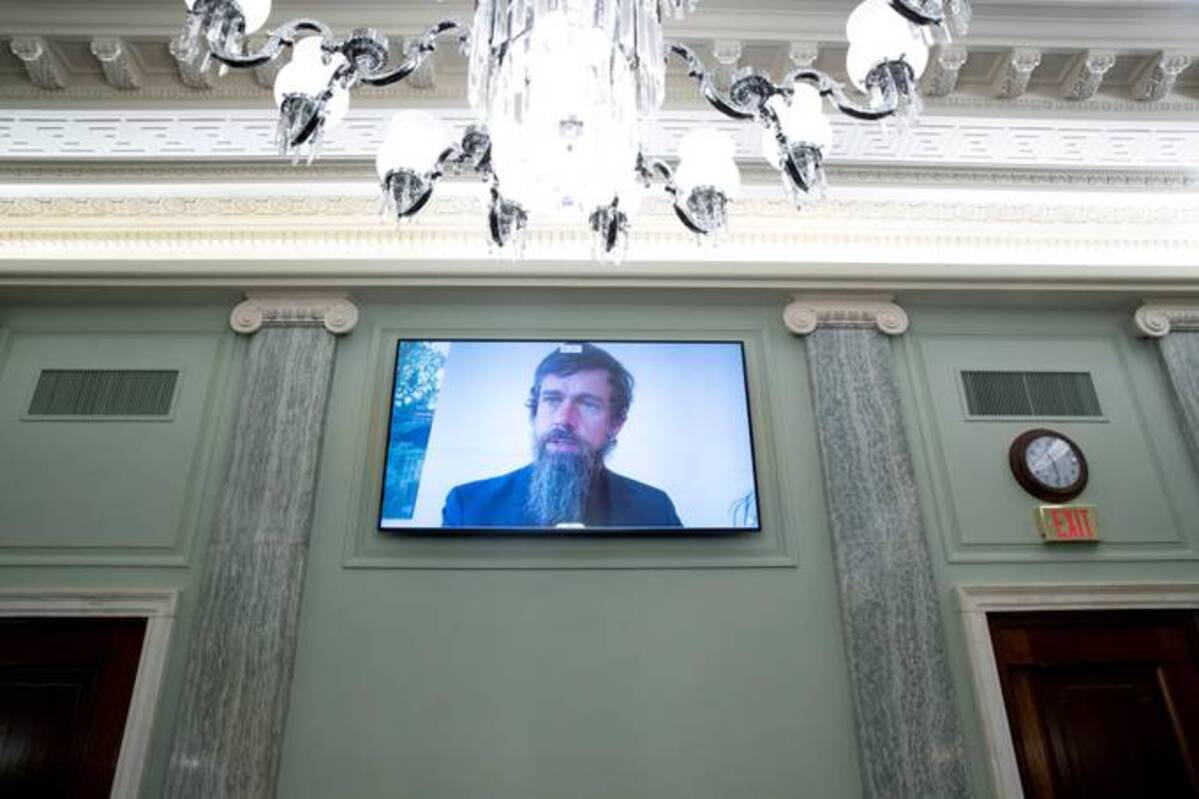 Twitter's CEO Jack Dorsey is . (Michael Reynolds/Pool via REUTERS) | | - Chief Technology Officer Parag Agrawal will replace him
| Former defense secretary Esper sues Pentagon, claiming portions of memoir are being improperly redacted | | "In a federal lawsuit filed Sunday, Esper said he submitted his memoir to the Defense Department for review and after six months found 'my unclassified manuscript arbitrarily redacted without clearly being told why,'" John Wagner reports. | Rep. Tom Suozzi (D-N.Y.) to run for governor of New York | | "Mr. Suozzi, who has most recently focused on federal negotiations over raising a cap on state and local tax deductions, has positioned himself as a vocal centrist who is quick to lash what he casts as the excesses of his party's left wing," the New York Times's Katie Glueck and Nicholas Fandos report. Read The Early 202's 11 questions with the congressman. | Trump stopped getting intelligence briefings for the last month of his presidency | | "A wealth of new information about the intelligence briefings for Donald Trump and those around him as a presidential candidate in 2016, as president-elect in 2016-17, and as president has just hit the CIA's public website," David Priess explains in a Twitter thread. Priess is chief operating officer of the Lawfare Institute and a former CIA briefer for the attorney general and FBI director. | Ghislaine Maxwell appears in court in N.Y. as sex abuse trial set to begin | | "Maxwell appeared in Manhattan federal court on Monday for her trial on charges that she recruited and groomed underage girls for the late financier Jeffrey Epstein to abuse, with opening statements set to begin after jury selection concludes," Reuters's Luc Cohen reports. Cohen breaks down the trial's major players here. | | |  | Lunchtime reads from The Post | | 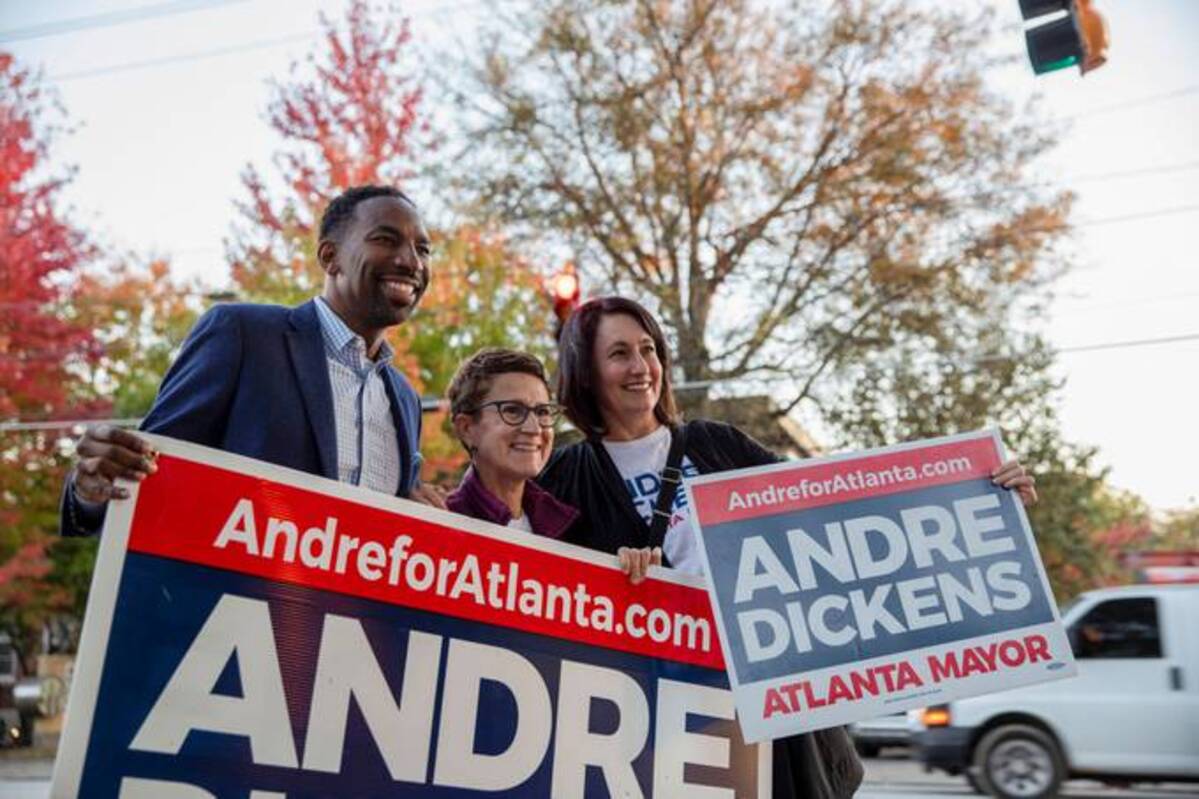 Atlanta mayoral candidate Andre Dickens campaigns with his supporters Jenifer Keenan and Karri Hobson-Pape on Election Day in Atlanta. (Alyssa Pointer/Reuters) | | With eye to Tuesday and next year, Atlanta Democrats worry about voter turnout | | "Across Atlanta, a city at a political and cultural crossroads, plenty of residents made the same decision [not to vote]. A year after residents voted in historic numbers to help 'turn Georgia blue,' fewer than 3 out 10 turned out for the mayor's race, despite the widespread desire for a leader who can help the city rebound from a year of setbacks," Tim Craig and Vanessa Williams report. "The weak turnout on Nov. 2 has worried the mayoral candidates competing in a runoff campaign, which will be decided Tuesday. And it surprised political analysts, who say voter fatigue could hinder the Democratic Party's efforts to oust Gov. Brian P. Kemp (R) and reelect Sen. Raphael G. Warnock (D) in next year's midterms." | As China menaces Taiwan, island's friends aid its secretive submarine project | | |  | The rise of omicron | | 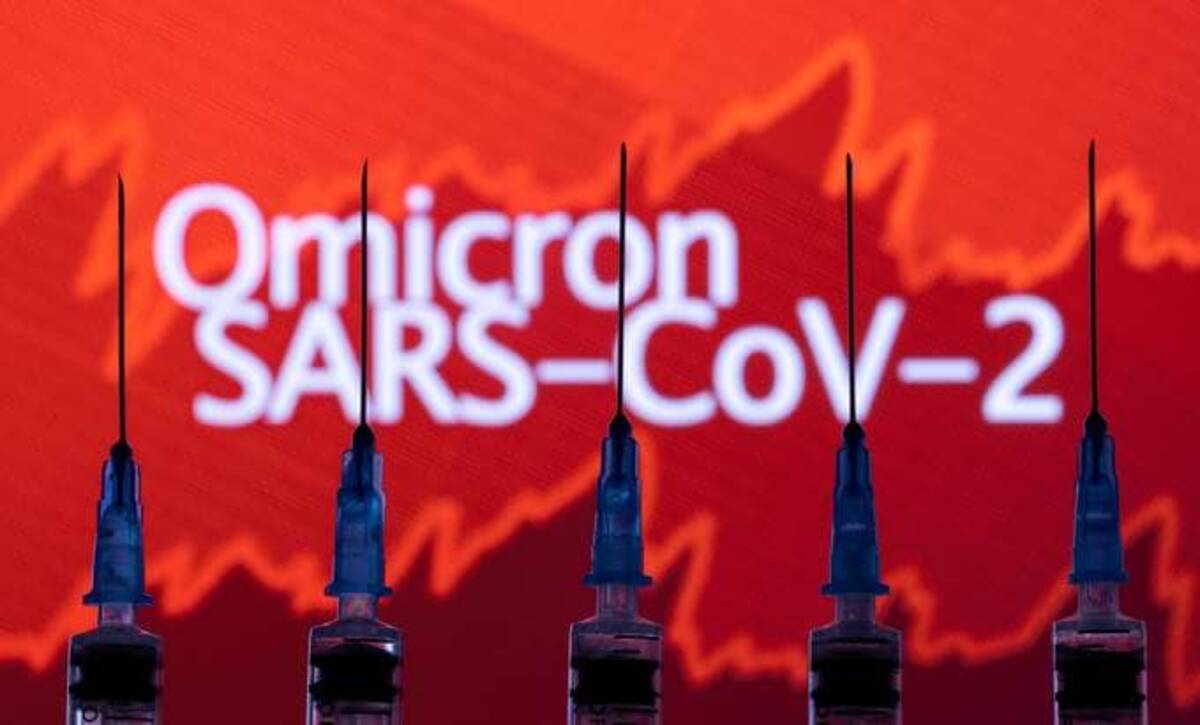 Syringes with needles are seen in front of a displayed stock graph and words "Omicron SARS-CoV-2." (Dado Ruvic/Reuters) | | Omicron coronavirus variant poses 'very high' global risk, WHO warns | | "'The likelihood of potential further spread of Omicron at the global level is high,' the WHO said Sunday in a preliminary technical brief," Annabelle Timsit reports. | - Where to watch: The variant was first identified in North America over the weekend as two cases were documented in Canada. Omicron was first detected in South Africa, and it has been found in countries ranging from Australia to Israel, Botswana to Britain.
- Border closing deja vu:
- "The United States, Canada, Britain, the European Union and others have moved in recent days to restrict travel from at least seven countries in southern Africa," Timsit reports.
- "Japan announced it would bar entry of all foreign visitors, while new cases of the variant identified days ago by researchers in South Africa appeared in places such as Hong Kong and Australia. New cases in Portugal and Scotland might already point toward local spread of the variant outside of southern Africa," the Associated Press's Raf Casert and Mari Yamaguchi report.
- Tempering fears: "What's known so far absolutely warrants attention—not panic. Viruses mutate; they always do. Not all variants of concern turn out to be, well, all that concerning; many end up being mere blips in the pandemic timeline," the Atlantic's Katherine J. Wu explains.
| | |  | The Biden agenda | | Biden's response to Omicron: Boosters | 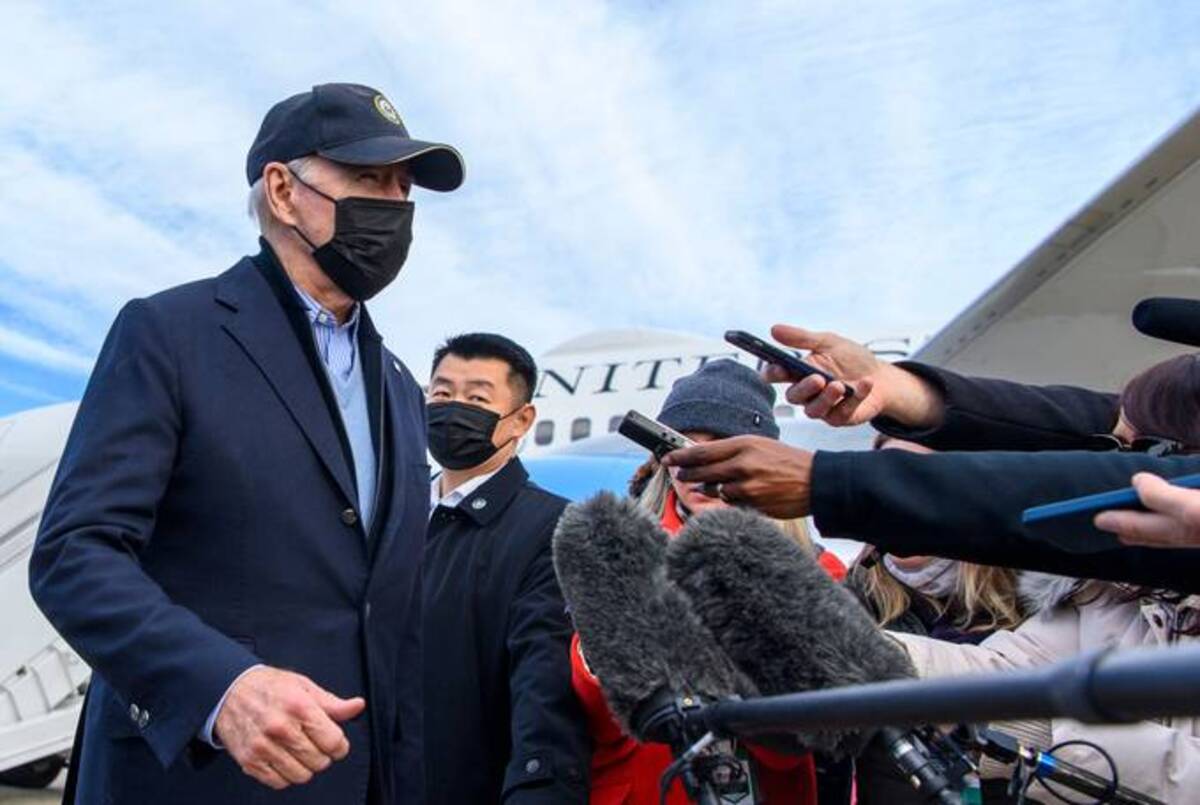 President Biden walks to his limousine after answering reporters question upon arrival at Andrews Air Force Base in Maryland on Sunday. (Mandel Mgan/AFP via Getty Images) | | Biden pushes shots, not more restrictions as variant spreads | | "Biden will urge Americans to get vaccinated and receive a booster shot as he seeks to quell concerns Monday over the new COVID-19 variant omicron, but won't immediately push for more restrictions to stop its spread, his chief medical adviser said," the AP's Zeke Miller reports. | Dems want Biden to start swinging at Republicans. Allies aren't sure he can. | | "It has long been a point of tension within the president's orbit as to how negative to go. A number of senior advisers in the West Wing, including chief of staff Ron Klain, have at times urged Biden to embrace more partisan political combat and call out Republicans when needed, according to three aides not authorized to publicly discuss private conversations," Politico's Laura Barrón-López, Christopher Cadelago and Jonathan Lemire report. "But Biden has largely shied away from leveling broadsides at Republicans on Capitol Hill, though he's been less sparing with his predecessor and GOP governors who've stood in the way of federal aid to combat the pandemic. Long-time Biden observers and confidants aren't sure that the attack dog role suits him, or that he will commit to it." | As China speeds up nuclear arms race, the U.S. wants to talk | | "For the first time, the United States is trying to nudge China's leadership into a conversation about its nuclear capability. U.S. officials, describing the American strategy, say Mr. Biden and his top aides plan to move slowly — focusing the talks first on avoiding accidental conflict, then on each nation's nuclear strategy and the related instability that could come from attacks in cyberspace and outer space," the NYT's David E. Sanger and William J. Broad report. | | |  | Supreme Court justices on abortion and Roe v. Wade, visualized | | | "The Supreme Court on Dec. 1 will consider the most serious challenge in decades to its 1973 decision" that there is a constitutional right to abortion. "All nine of the justices declined during their confirmation hearings to opine on whether Roe v. Wade was properly decided, but past court rulings, public appearances and other public comments give insight into their thinking on abortion and court precedents." Read more on what they have said about it. | | |  | Hot on the left | | The forgotten pandemic roars back to life | | "The real danger from COVID exists far from American shores. Compared to the rest of the world, the U.S. is delivering more vaccines, and planning to build manufacturing capacity to go even further. But Biden has put little into building research and detection capacity, to prevent a worldwide mutation. And after agreeing to seek a global waiver of vaccine intellectual property to spur more production of the vital medications in April, Biden has barely talked about it, and certainly not pushed the Europeans (primarily Germany) who are resistant. In his statement on Omicron, Biden reiterated his support for instituting the waiver at an upcoming World Trade Organization ministerial, but that meeting was postponed because of omicron, in a darkly ironic exemplification of global inaction," the American Prospect's Executive Editor David Dayen writes. | | |  | Hot on the right | | 'They're all begging me': Trump's 2024 veep tryouts get underway | | "[Trump has] name-dropped Florida Gov. Ron DeSantis as one possible running mate. Veepstakes speculation rose among insiders who saw him interact recently with South Carolina Sen. Tim Scott and former Secretary of State Mike Pompeo at his Mar-a-Lago club," Politico's Marc Caputo reports. "'They're all begging me. They all come here,'" Trump boasted to one adviser, who shared the account anonymously with Politico." | | |  | Today in Washington | | | Biden will meet with CEOs at 2 p.m. to discuss the holiday shopping season and his administration's work to address supply chain issues. The president will then deliver remarks about "his Administration's work to strengthen the nation's supply chains, lower everyday costs for families, and ensure that shelves are well-stocked this holiday season" at 3:45 p.m. | | |  | In closing | | | The Daily Mail's Emily Goodin takes us on a tour of the White House's Christmas decor. | | Thanks for reading. See you tomorrow. | | |




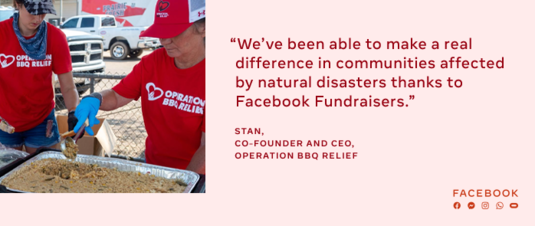




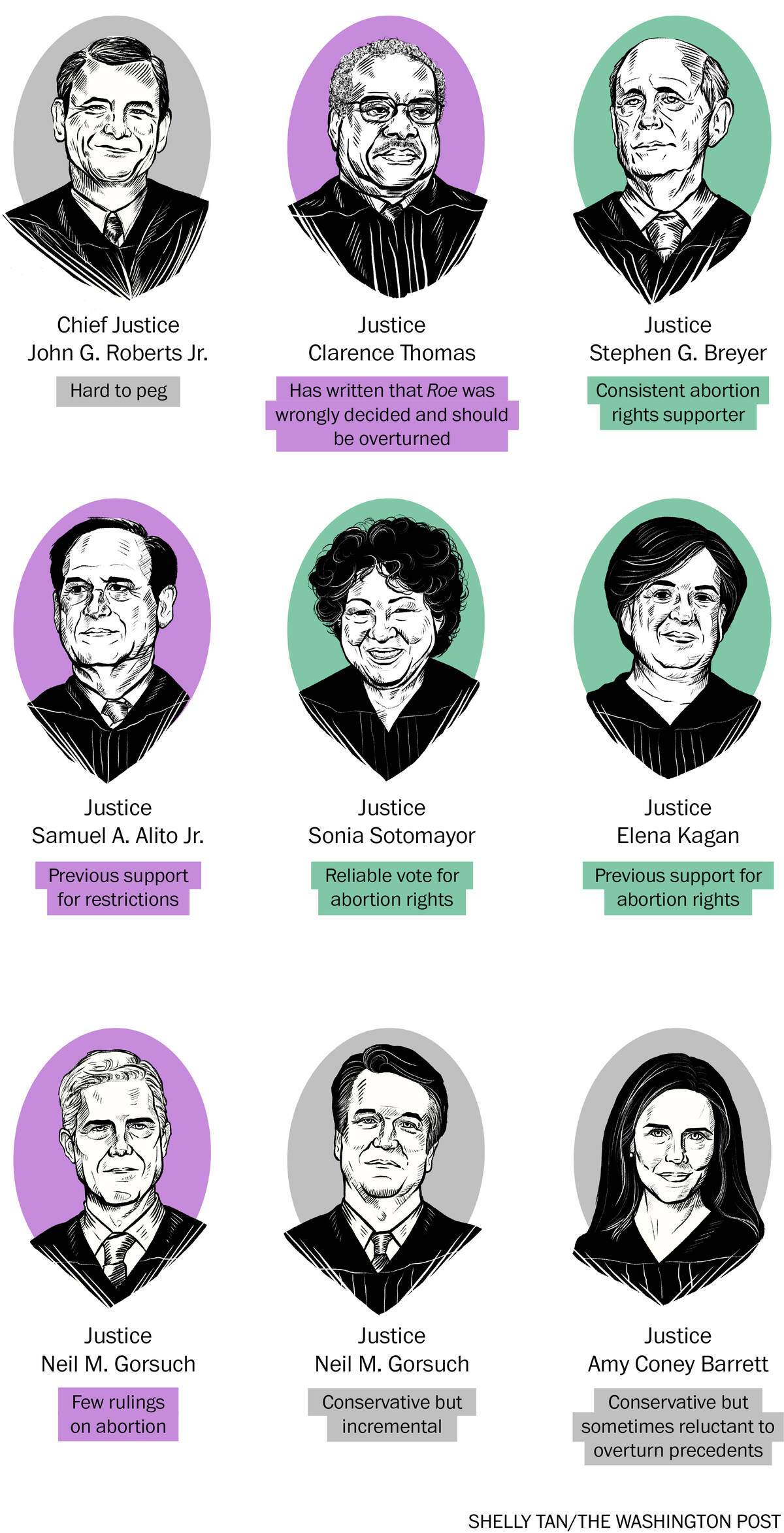


No comments:
Post a Comment